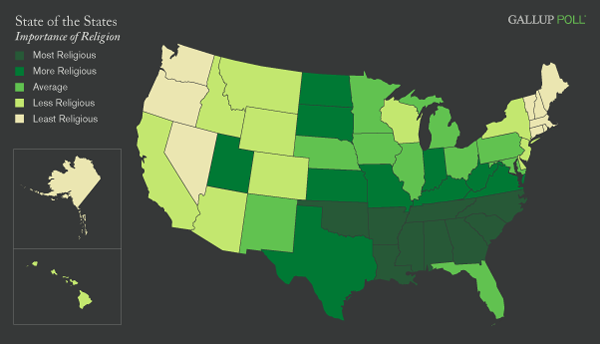Post Author: Bill Pratt
Have you ever noticed that the most important questions in life cannot be conclusively answered by the scientific method of empirical observation and experimentation?
We can use science to study the weather, to create wireless communication, to study the respiratory systems of whales, to better see the stars, to learn about soil erosion, to build skyscrapers, and to fly aircraft.
All of these subjects yield themselves to scientific investigation such that mankind can eventually come to know these areas in extraordinary detail and precision. We just continue collecting data, analyzing data, and testing hypotheses – over and over again until we finally understand.
These subjects are all wonderful, in and of themselves, but they aren’t what’s truly important. What about God, love, friendship, morality, heaven and hell, human consciousness, the meaning of life, the origin of the universe? These are the questions that strike us in the middle of the night when a loved one is in the ICU at the hospital, or when we witness the birth of a child, or when we suffer financial ruin, or when we contemplate marrying the person we love, or when we just have some peace and quiet and can immerse ourselves in deep thought.
None of these questions ultimately lend themselves to the scientific method, but they are the most important questions.
My family loves the silly movie Nacho Libre. In the movie, one of the characters is asked if he believes in God, and he answers, “I don’t believe in God. I believe in science.”
It is fitting that the movie is a comedy because this response is truly comical. The person who believes in only science is fundamentally punting on all the major questions of life. They are saying, in effect, “We are going to limit ourselves to the lesser things of life, the things we can know with a high degree of scientific certainty.”
It’s comical, but it’s also sad. What impoverished existence – cutting off oneself from the only things that ultimately matter.
